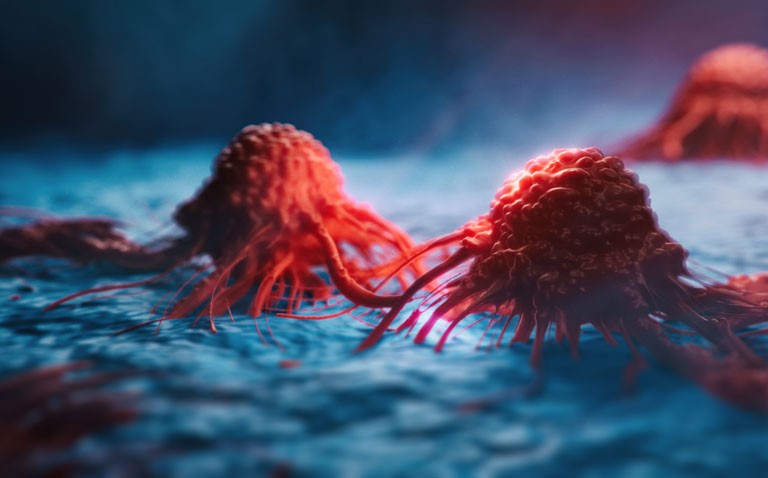Thiazides are associated with photo-toxic reactions but whether this ultimately increases the risk of skin cancer is uncertain.
Basal and squamous cell carcinomas are extremely common and in the UK, there are approximately two new cases diagnosed each day although mortality from such cancers is relatively low. In contrast, while the incidence of melanoma is small, the cancer has a higher level of mortality. The most important causative factor in the development of skin cancer is considered to be over-exposure to ultra-violet (UV) radiation although several drugs such as thiazide diuretics are associated with photo-toxicity. Nevertheless, while this medicine-UV radiation interaction can result in cellular damage, could this potentially increase the carcinogenic potential of further UV exposure at the site of damage. This was the subject of a prospective cohort study by a team from the Division of Dermatology and Cardiology, university of Toronto, Canada, who investigated the effect of different anti-hypertensives on the incidence of skin cancer. The team used administrative health data and included incident users of any anti-hypertensive drugs, e.g., thiazide diuretics, angiotensin converting enzyme inhibitors, angiotensin receptor blockers, calcium channel blockers or beta-blockers (exposed group), between 1998 and 2016. The researchers separately considered each class of drug and calculated a defined annual dose for each medication. In addition, individuals within the exposed group were age and sex-matched to adults, not prescribed any anti-hypertensives. The primary outcome for the study was the time to first diagnosis of a skin cancer and secondary outcomes included the time to an advanced skin cancer and first melanoma.
Findings
A total of 302,634 patients were exposed to any anti-hypertensive between 1998 and 2016 with a median age of 70 years (63% female) and matched with 605,268 unexposed patients. Increasing thiazide exposure was associated with a higher incident rate of keratinocyte carcinoma (adjusted hazard ratio per defined annual dose unit increase, aHR = 1.08, 95% CL 1.03 – 1.14), and for melanoma, aHR = 1.34 (95% CL 1.01 – 1.78). In contrast, no such associations were observed for any other anti-hypertensive drug classes.
In discussing their findings, the authors noted that while these associations were significant, recognised limitations of the study included a lack of information on UV exposure, race or skin type, both of which might have impacted on cancer incidence. In addition, the study was conducted in older adults and the authors did observe significant associations between the incidence of cancer with increasing age, immunosuppressant drug use and prescription of other known photo-toxic medicines. They were also unable to evaluate the effects of sun protection measures on cancer burden among those prescribed thiazides. Despite these limitations, they concluded that clinicians may consider alternative anti-hypertensives in those at a high risk of skin cancer.
Citation
Drucker AM et al. Association between antihypertensive medications and risk of skin cancer in people older than 65 years: a population-based study. CMAJ 2021;193:E508 – 16










